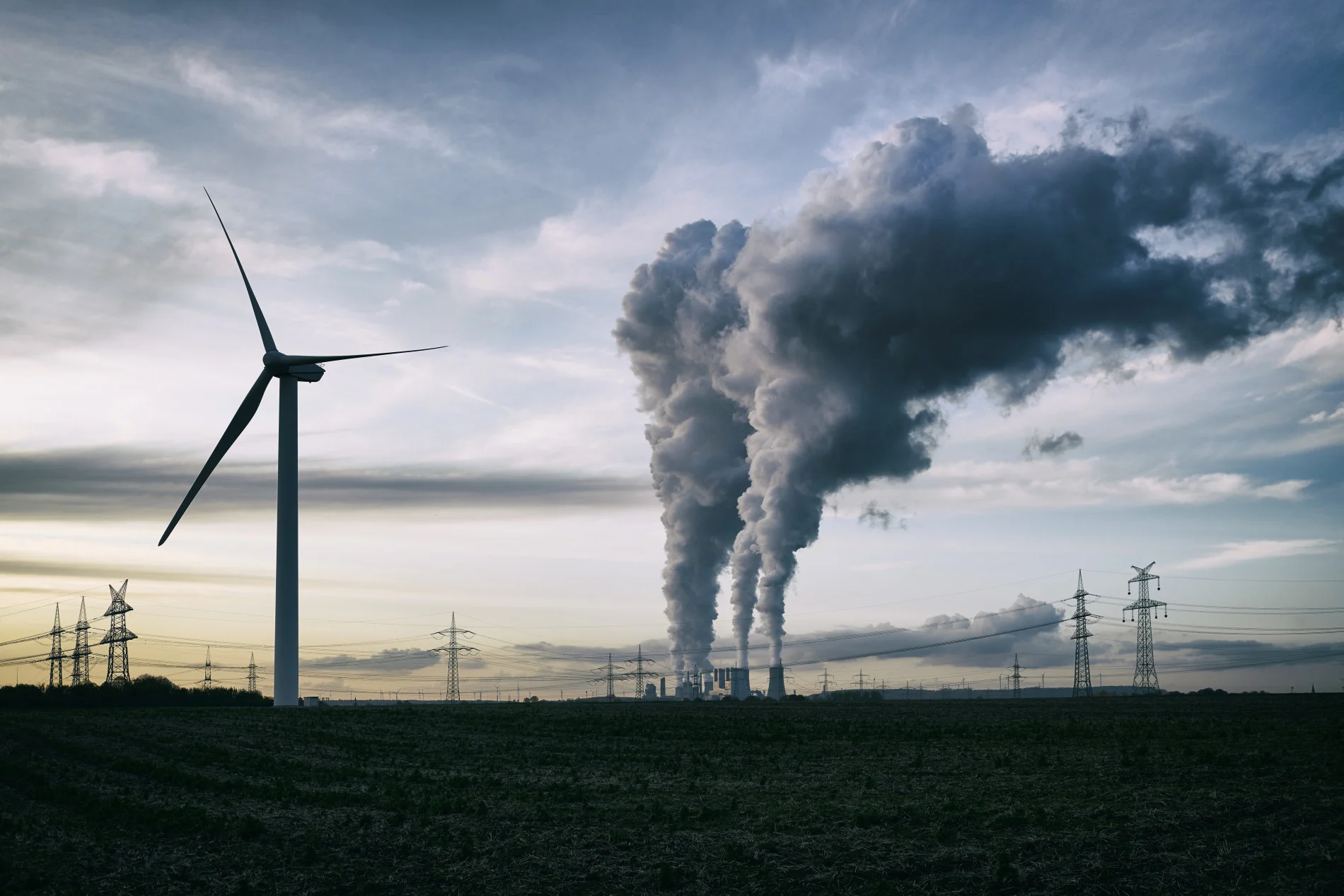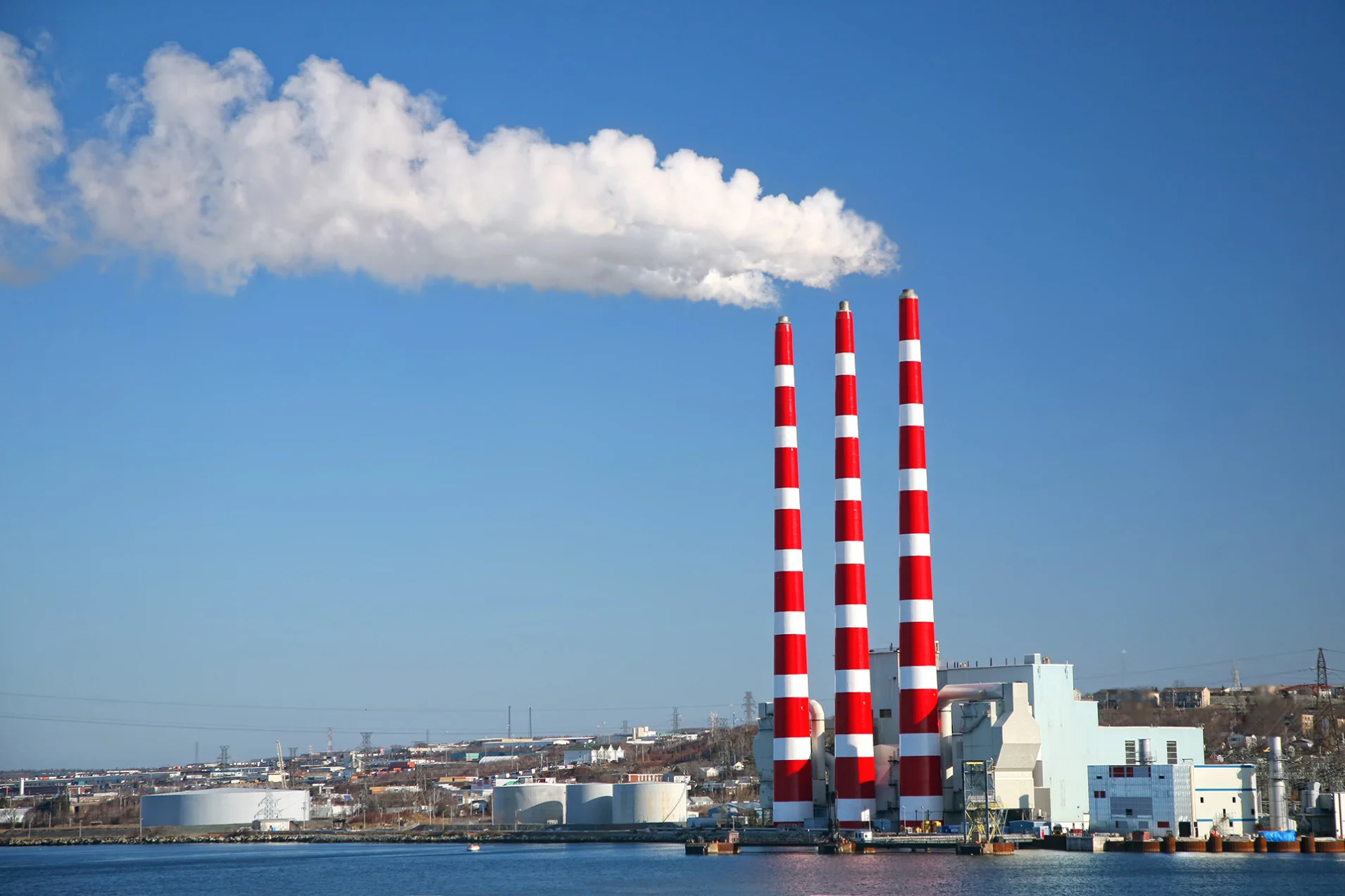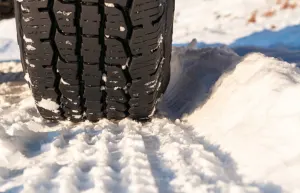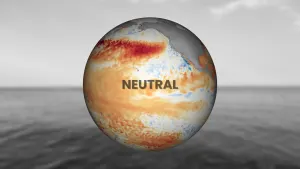
Canada's greenhouse gas emissions increased slightly in first year of carbon tax
Greenhouse gas emissions in Canada ticked up slightly in 2019 — the first year that the national carbon pricing mechanism was in place — according to a new report published today by Environment and Climate Change Canada.
Canada produced 730 megatonnes of carbon dioxide emissions in 2019, an increase of one megatonne — or 0.2 per cent — over 2018, which means Canada will have to do more in the years ahead to meaningful reduce emissions to meet the targets set at the Paris climate summit.
The federal department said the economy grew faster than emissions did in 2019 — which means the country's "emissions intensity" is lower than it has been in the past.
Greenhouse gas emissions as measured against the size of the economy have declined 37 per cent since 1990 and 23 per cent since 2005 — which means economic growth is not translating into much higher emissions as energy efficiency improves.

Credit: onepony. iStock. Getty Images.
The department also said that emissions would have been considerably higher in 2019 had the government's pan-Canadian framework on clean growth and climate change not been in place. The framework is the plan that levies a national price on carbon emissions and funds other green-friendly initiatives.
"Before the pan-Canadian framework, absolute emissions in 2019 were forecasted to be 764 Mt, which is 34 Mt higher than this year's 2019 data. Once fully implemented, the strengthened climate plan is expected to reduce Canada's emissions by at least an additional 85 million tonnes, enabling Canada to exceed its current 2030 target," the report reads.
Ontario's decision to pivot from coal-fired power plants to other energy sources has helped the national effort to reduce emissions, the report said. Reduced coal consumption in Alberta has also driven down emissions related to electricity generation.
But other factors — more oil and gas extraction, an increase in the number of light-duty gasoline trucks and heavy-duty diesel vehicles on the road and a spike in nitrogen fertilizer use in the Prairie provinces — have offset some of those gains.
The energy sector alone — including "stationary combustion" at power plants, oil and gas extraction, refining and transportation driven by fossil fuels — accounts for 81 per cent of Canada's total emissions. The second largest source is the agricultural industry (8 per cent), followed by "industrial processes" like metal production and the chemical industry (7.3 per cent).
Canada is aiming to reduce emissions by 32 to 40 per cent below 2005 levels by 2030, which means a reduction from 739 megatonnes of carbon dioxide in 2005 to at least 502 megatonnes in 2030.
As of 2019, emissions are down just 1.1 per cent compared to that 2005 baseline, but the report suggests Canada is making progress.
"Early modelling for 2020 shows that as a result of the policies under the pan-Canadian framework ... absolute emissions in Canada are projected to decrease annually starting in 2020, reaching 503 Mt by 2030," the report reads.
In a media statement, Environment Minister Jonathan Wilkinson said the report shows that the carbon levy and other measures "reined in the dangerous upwards trajectory of Canada's emissions under Stephen Harper."
"It is a good example of why we introduced more ambitious, faster-paced policy solutions last year which will lead to a continuous decline in pollution from 2020 through to 2030. That's good news for jobs, the planet and the economy."
Beyond that 2030 commitment, Ottawa is still aiming to go "net-zero" by 2050.
Reaching net-zero by 2050 would mean that emissions produced 30 years from now would be fully absorbed through actions that scrub carbon from the atmosphere — such as planting trees — or technology, such as carbon-capture and storage systems. The Liberals have promised to plant two billion trees.
Conservative MP Dan Albas, the party's climate change critic, slammed the government's environmental record. Even with "an ever-increasing carbon tax on everything," he said, emission reductions have gone nowhere.
"The Trudeau Liberals have not reduced emissions at all. This data shows that despite raising costs for everyday Canadians, emissions continue to climb. An Erin O'Toole government will ensure we have a serious plan to reduce emissions, building on our nation's innovation, not on the backs of Canadians," he said.
This article was originally published by CBC News and written by John Paul Tasker.
Thumbnail credit: acilo. E+. Getty Images










